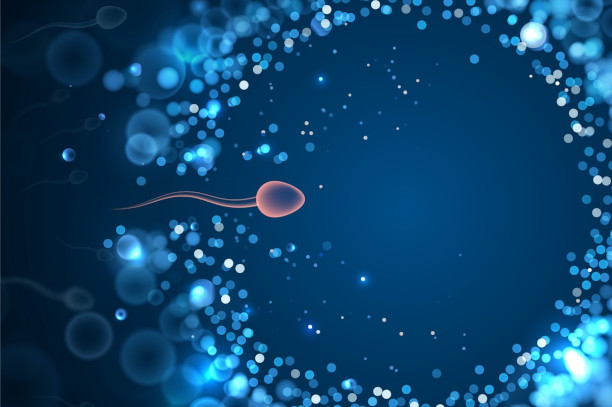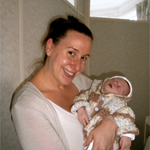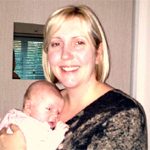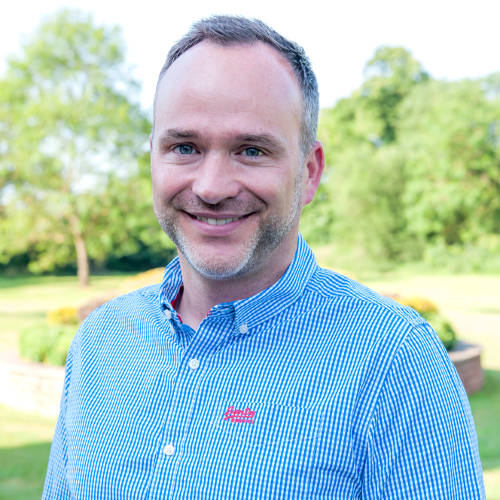Fertility in 2022: What’s the latest?
Did you know, more than 3.5 million people in the UK go through some kind of fertility challenge?* And when it comes to infertility, (a term which refers to the inability to get pregnant), according to the National Institute for Health and Care Excellence, it’s been estimated that one in seven heterosexual couples are impacted by this.
Unfortunately, fertility issues are nothing new.
For the past 25 years Osteopath Denise Callaghan has been helping couples with their fertility woes through the use of acupuncture. But like with any healthcare issue, factors that affected fertility rates two, 12 or 25 years ago differ to what impacts these problems today.
“Which is why it’s so important to take up CPD (continuing professional development) as it’s the best way to remain relevant and applies throughout someone’s entire career,” Denise says.
CPD in practice
Denise has just completed a year-long diploma course in fertility and acupuncture to refresh and expand her knowledge on the topic.
“Having trained at the Zita West Fertility Clinic 25 years ago, I meet up with the acupuncturist from the clinic every year to discuss the latest changes and updates in fertility. However, through this diploma I was able to pull lots of different ideas together to create a better and deeper understanding of acupuncture in the treatment of fertility. Acupuncture is a very ancient therapy with many different theories and ways of treating.”
Fertility in 2022
One of the things that remained the topic of conversation throughout her course was the topic of male sperm.
- “Normally, when fertility is discussed, the burden is placed on the female partner,” Denise says. “However, it’s been estimated that low sperm counts in men have tripled from 6% to 18% since the 1940s.”
- And it can be down to a number of factors. This includes:
- Alcohol– this can cause progressive damage to the sperm morphology (which is the size, shape, and appearance of the semen) and spermatogenesis (which is the creation of sperm)
- Prescription and recreational drugs– cannabis for example decreases the health, morphology, and life span of the sperm
- Smoking – this decreases the motility and morphology of the semen
- Anabolic steroids – although the quality of sperm tends to normalise within 4–12 months after the anabolic steroid abuse stops
- Obesity – one report found the odds of infertility increase by 10% for every 9kg a man is overweight
- Diabetes
- Stress & depression – inability to conceive may cause an increase in stress and depression which decreases testosterone. This in turn decreases the likelihood of falling pregnant.
Denise adds: “Higher stress levels, the foods we eat, and sleeping enough – all of those things count when it comes to fertility. And this is the same for women too.
“But what became more and more apparent is that some people still see fertility issues as a one-sided dilemma – when in fact it’s a couple’s issue.
“Everyone is aware of the ticking of the biological clock in women, especially once you’re 35 years old or other. But fertility also declines in men with age too.
“As a proud mother of two healthy daughters, I understand what it means to have children of my own and really do sympathise with couples who are unable to conceive.”
Denise has worked with hundreds of patients on fertility issues over her 25 years. So, if you and your partner have spoken to your health care professional and are still struggling to conceive, please don’t hesitate to get in touch.





















